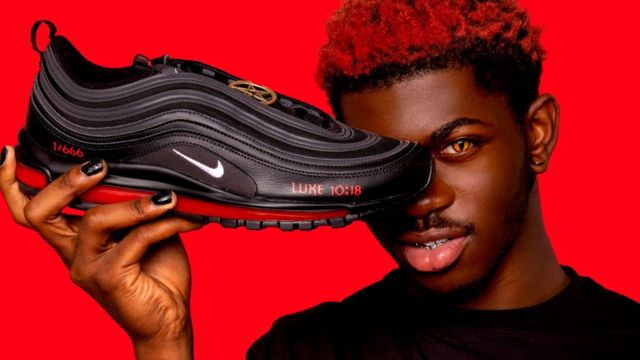Source Mintel
Sportswear giant Nike recently announced it is purchasing virtual fashion and non-fungible token* (NFT) platform RTFKT for an undisclosed sum. The purchase follows Nike’s plans to register its brand trademarks in the US for a variety of digital products and the creation of the Nikeland virtual world on Roblox, the gaming platform. In this blog, we explore the growing opportunity for fashion retailers and brands to make the most of this fast-evolving technology.
Gamification is set to grow in fashion
The acquisition of RTFKT is an exciting move by Nike and shows where it sees the future of fashion heading. It also highlights the importance for fashion brands to begin investing in digital fashion and the metaverse.

Purchasing a creative start-up that is already working with the latest AR technology, NFTs and blockchain authentication, will give Nike a head start over its competitors in creating virtual products and experiences, particularly as Adidas also looks to dive deeper into the metaverse.
Mintel’s 2022 Trend Enjoyment Everywhere examines how over the next two years gamification will grow as playfulness becomes central to how we live our lives and interact with brands, and how shopping experiences will be less about buying items and more about engaging and playing with products.
The increased time spent online during lockdowns has made people more immersed in virtual worlds, with a rise in online activities including online gaming. Research for Mintel’s Fashion Technology & Innovation report found that while less than a quarter of fashion shoppers are currently interested in digital clothing, interest almost doubles to nearly four in ten Younger Millennials who are keen gamers, showing the huge potential for this innovation.
What we think
There is a growing opportunity for fashion retailers and brands to create digital clothing collections alongside physical ones, allowing them to use this to create a more inclusive fashion format, with avatars in different skin tones, genders and sizes, thereby moving away from the existing elitist fashion model. As technology evolves at an increasingly faster pace, consumers will be able to purchase even more personalised fashion products that are designed specifically to fit their body shape, retailers can use data to respond to consumer movements and activities, and this will lead to garments that can be worn both physically and virtually, leaving significantly less of an environmental footprint.
*Non-fungible token: a unique, non-interchangeable unit of data stored on a digital platform. This could include reproducible digital files such as photos, videos, and audio.



